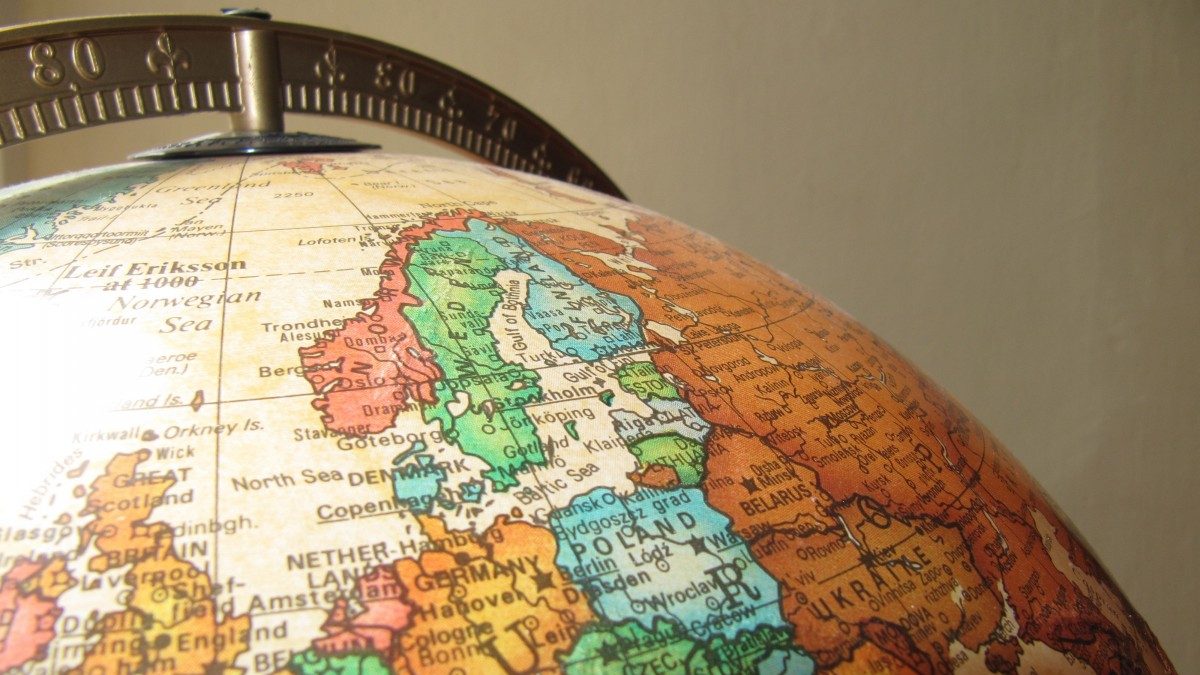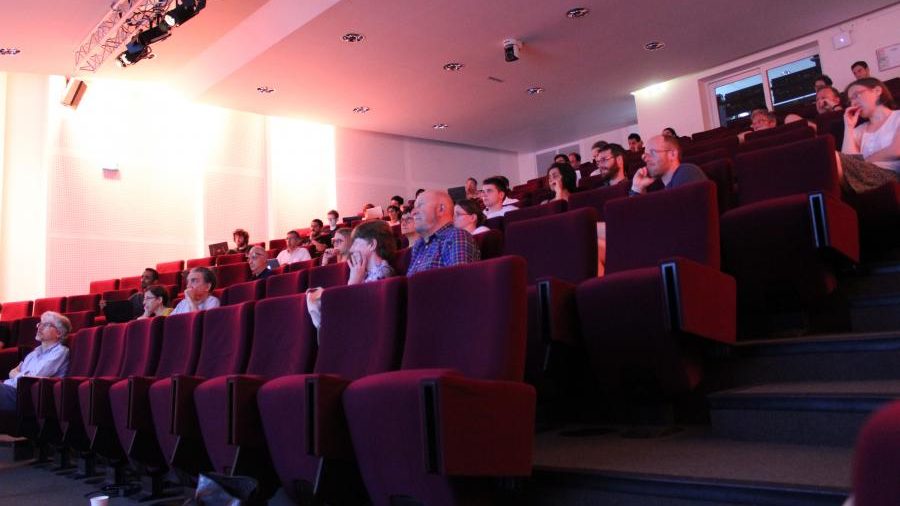“Essential” scholarships for international students
Since 2017, the LabEx UnivEarthS has been funding mobility grants for foreign students wishing to join the NPAC Master 2 research programme at Université de Paris.

The last year of a Master’s degree is a pivotal moment in a student’s life. This is especially true in the case of a research Master’s degree, where the courses taken and the internships carried out in the laboratory will prove to be decisive in finding a thesis.
This is what Andrés and Manuel are currently experiencing. Andrés is Ecuadorian. After graduating in physics from the National Polytechnic School of Quito, he arrived in Paris to pursue a master’s degree in physics. Manuel is Spanish. After his first years of physics studies in Madrid and Stockholm, he decided to move to Paris, the city where he always wanted to live. For his M2, he decided to enrol in the Master 2 Noyaux Particules Astroparticules et Cosmologie (NPAC), which is offered by several Parisian universities, including Université de Paris. This programme trains students in fundamental research on elementary particles, cosmology, and the interactions between the infinitely small and the infinitely large, allowing them to continue their studies in theoretical or experimental theses.
Andrés and Manuel chose this course primarily because they had a strong interest in these subjects of study, but their choice was also motivated by another essential reason: the NPAC master’s programme offers scholarships to international students. Since 2017, the LabEx UnivEarthS has been funding scholarships for two foreign students who wish to follow this master’s programme. Enrolled at Université de Paris, the selected students receive a sum of 10,000 euros over the year, enabling them to meet their needs.
“Paris is a very expensive city,” Manuel notes, “I would not have been able to live here and continue my studies in this Master’s programme without this scholarship.” This observation is also shared by Andrés, who already received a scholarship during his M1: “It was the only M2 I knew of in the field of gravitational and particle physics that offered scholarships. I have friends who have to work to finance their studies, and I can see that it is complicated for them. Thanks to this scholarship, I don’t have to worry about my finances and can invest full time in my studies.“
“It is important that the students who follow this course can devote themselves fully to it,” explains Guillaume Patanchon, professor at Université de Paris and one of the coordinators of the NPAC master’s programme. “It is a demanding master’s programme and these scholarships allow us to welcome foreign students who would not have been able to follow this course without them.” Since 2017, eight students (including Andrés and Manuel) have benefited from this scholarship. In addition to Spain and Argentina, these students also come from Vietnam, Lebanon and Greece. “Moreover, these are the students who do best in the master’s programme,” Guillaume adds.
“The aim of these grants is to attract the right students to study at the University of Paris,” explains AstroParticle & Cosmology laboratory (APC) director and LabEx UnivEarthS co-director Antoine Kouchner. “The LabEx came to meet this need, at a time when funding for these mobility grants was complicated.“

Most of the students who received this grant continue their studies in France. This is the case of Chau Thien Nhan, who joined the M2 NPAC in 2017, and is now in the third year of his thesis at the APC laboratory. “It’s difficult to pursue advanced studies in Vietnam,” Nhan points out, referring to the country from which he comes. “I had applied for other programmes in Europe in the field of particle physics. The NPAC master’s programme selected me and offered me a scholarship that I really needed in order to pursue my studies. Without this scholarship, I would most likely have stayed in Vietnam, and I wouldn’t be doing my thesis today.” Nhan is currently writing his thesis on the measurement of the neutrino mass hierarchy by the ORCA/KM3NeT detector.
Andrés and Manuel also want to continue with their thesis. In the meantime, they have both started their end-of-study internships, Andrés at the Institut de Physique des 2 Infinis in Lyon, and Manuel at the Observatoire de Paris. “The mobility grant financed by the LabEx has proved to be essential in giving a helping hand to students who need it,” Antoine Kouchner insists.
